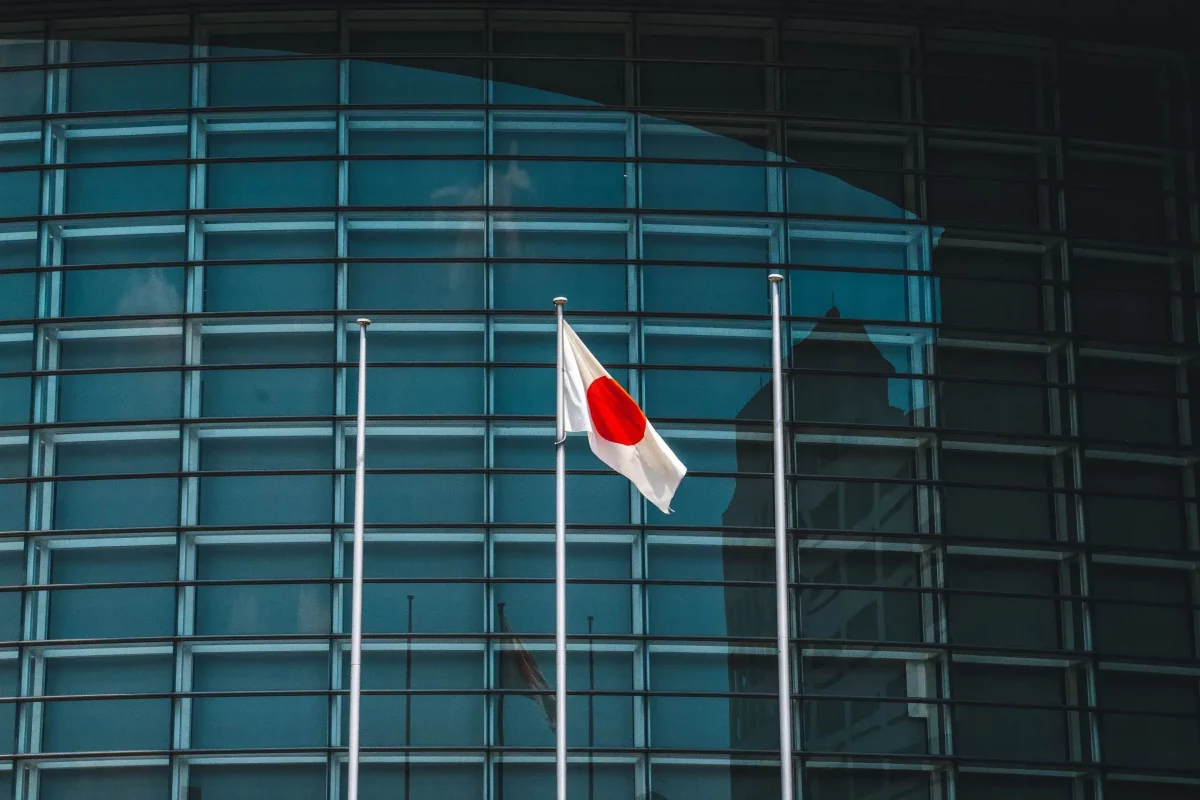Japan-Singapore DTAA: Double Tax Avoidance Agreement
Japan-Singapore Relations
Japan and Singapore have a long history of bilateral cooperation. This history is marred by a period during the Second World War when Japan occupied Singapore. But after the war, both countries became part of the US-led Western Bloc and have collaborated extensively on the economic front.
In 2016 the two countries celebrated the 50th anniversary of the establishment of diplomatic relations. The bilateral relationship has deepened over the years. It now includes regular high-level exchanges and strong economic ties to facilitate cooperation in the areas of trade, counter‑proliferation, defense, environment, biomedical research, export control, and cyber-security. Amidst the COVID-19 pandemic, the collaboration has expanded to areas such as supply chain connectivity, vaccine multilateralism, and resumption of business travel.
A key milestone in the Singapore and Japan relationship was the Japan-Singapore Economic Partnership Agreement (JSEPA), concluded in 2002. As a result of JSEPA, Japan was Singapore’s 7th largest trading partner in 2019. At the end of 2018, Japan was Singapore’s 3rd largest investor, while Singapore was Japan’s top Asian and 4th largest foreign direct investor. Both countries also share many common interests on regional and international issues and collaborate closely under Singapore’s largest and most successful joint training program — the Japan-Singapore Partnership Program for the 21st Century (JSPP21).
The deep economic integration between Singapore and Japan created the need for tax regulation that would address the tax issues confronted by cross-border businesses conducted by residents of the two countries. In particular, the possibility that the same income could be taxed twice by the two countries prompted regulation to prevent this situation. This article will describe the Singapore-Japan Avoidance of Double Taxation Agreement (DTAA), a basic instrument for resolving this issue.
That is one of the reasons why many Japanese entrepreneurs consider incorporating a business in Singapore from Japan.
What is the Japan-Singapore Double Tax Treaty?
The Singapore-Japan DTAA is an agreement establishing a single point of taxation for income earned in one country by a resident of the other country. Lacking such a treaty, both countries could levy their own taxes on the same income. The agreement establishes the taxation rights of each of the two treaty partners and ensures that any income normally taxable in both countries will be taxed in only one, or in both but at reduced rates.
The treaty was signed by Singapore and Japan in 1994 and entered into force in 1995. A Protocol amending certain provisions of the DTAA was signed and became effective in 2010.
Here you can get the full copy of this bilateral treaty.
We Have Helped Thousands Incorporate In Singapore
Scope of the Japan-Singapore Tax Treaty
How is Tax Residency Defined Under the Singapore-Japan Tax Treaty?
What Taxes Will I Owe Under the Japan-Singapore Double Tax Avoidance Agreement?
In Which Country Will the Income be Taxed?
Type of income or payment
Where it is taxed
Income from immovable property
Business profits
Permanent Establishment profits
Profits from shipping and air transport
Dividends
Interest
Royalties
Capital gains
Salaries and wages
Professional services
Directors’ fees
Income of artists and sports persons
Pensions
Government payments
Payments to students and trainees
Protect Your Income From Excessive Taxation
Conclusions on Japan-Singapore DTAA
Japan is one of Singapore's strongest economic partners. A major milestone in relations between the two countries occurred in 2002 with the signing of the Japan-Singapore Economic Partnership Agreement. It enabled easier movement of people, goods, services, capital, information, etc. across borders between the states and strengthened cooperation in the trade sector by eliminating most tariffs on exports and imports. The deep cooperation led to the need to resolve tax issues occurring in the course of cross-border businesses, and the two states concluded a double tax treaty.
If you are an investor from Japan who needs information about how the DTAA can influence the manner in which your income is taxed, or if you would like to incorporate a Singapore company from Japan, please contact us and we will be glad to assist you.
Related Articles
Double Taxation Agreements Guide
Entrepreneurs' Guide to Incorporating in Singapore from Japan
Singapore's Tax System and Types of Taxes





















